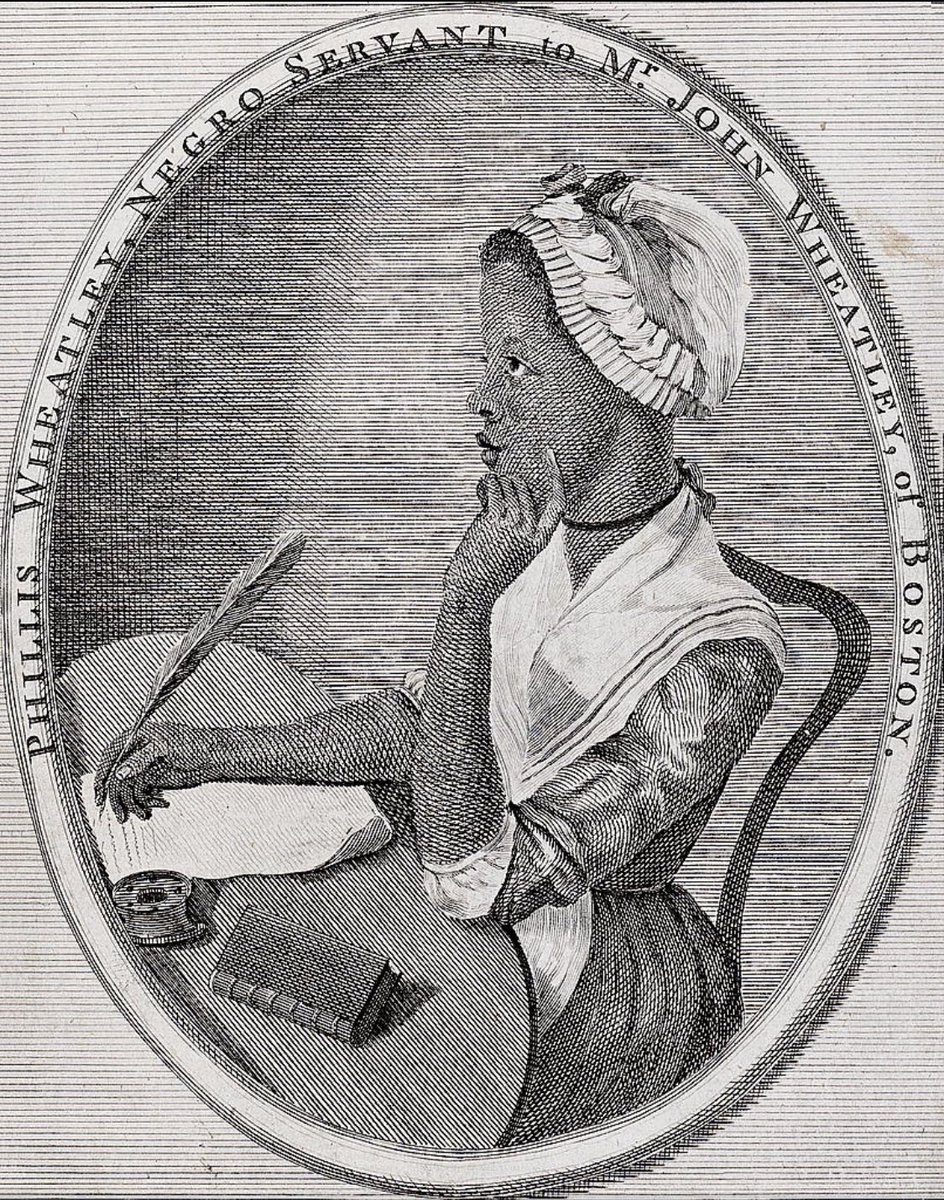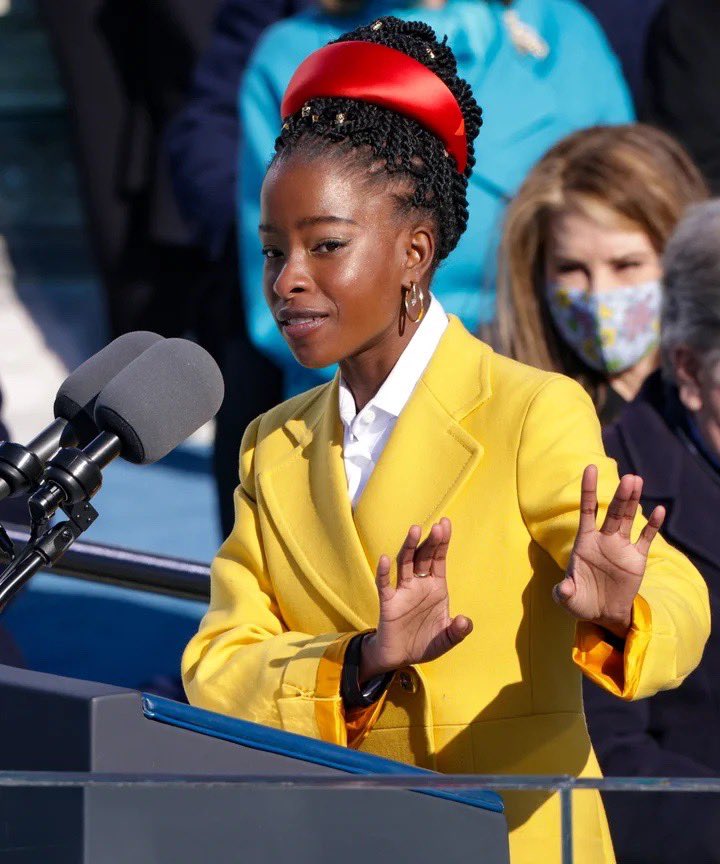
Heard of Marcus Garvey? WEB DuBois? Malcolm X?
Then you have Alexander Crummell, the father of Pan-Africanism, to thank. Crummell was born in NYC to a free mother & formerly enslaved father in 1819. His grandfather was from Sierre Leone, when he was enslaved at 13 years old. 1/
Then you have Alexander Crummell, the father of Pan-Africanism, to thank. Crummell was born in NYC to a free mother & formerly enslaved father in 1819. His grandfather was from Sierre Leone, when he was enslaved at 13 years old. 1/

His father never let him forget that his story was tied to the African Diaspora. Motivated by their Christian faith & sense of solidarity, the Crummells worked as abolitionists. Their home was the publishing site of Freedom’s Journal, the FIRST African American newspaper. 2/
Seeing his brilliance, he was sent to a school in New Hampshire run by abolitionists. But it was burned down by racists neighbors. He sensed a calling by God to be an Episcopal priest, however, because he was black, he was refused admission to seminary. 3/
In 1847, he moved to England to raise money for abolition & became the FIRST Black person to graduate from Queens College. It was in the UK where his vision for Pan Africanism took root. 4/
Pan Africanism is the idea that only through seeing the struggle for equality against colonialism in Africa, and racism in Europe and America as one that needed to be fought together, could there be success. This became core to his preaching for equality. 5/
In 1853, Crummell practiced what he preached setting out for Liberia to preach the gospel of liberation from personal sin and the sin of oppression. He educated, and recruited other Black Americans to come to the continent, though few caught his vision of Pan Africanism. 6/
In 1873, he returned to the States and founded St. Luke Episcopal Church, the FIRST African American Episcopal church in Washington, D.C. St. Luke is known as the gospel writer who most clearly emphasized the justice implications of the gospel.
7/
7/
He taught black solidarity, economic empowerment, education & spirituality never losing his faith in the God and the church in spite of the racism he faced. He awakened the minds of those like Marcus Garvey, & WEB DuBois who wrote about him in Souls of Black Folk. 8/
DuBois wrote: “The more I met Alexander Crummell, the more I felt how much the world was losing which knew so little of him.”
Those words are still true today.
#BlackHistoryMonth
Those words are still true today.
#BlackHistoryMonth
• • •
Missing some Tweet in this thread? You can try to
force a refresh





